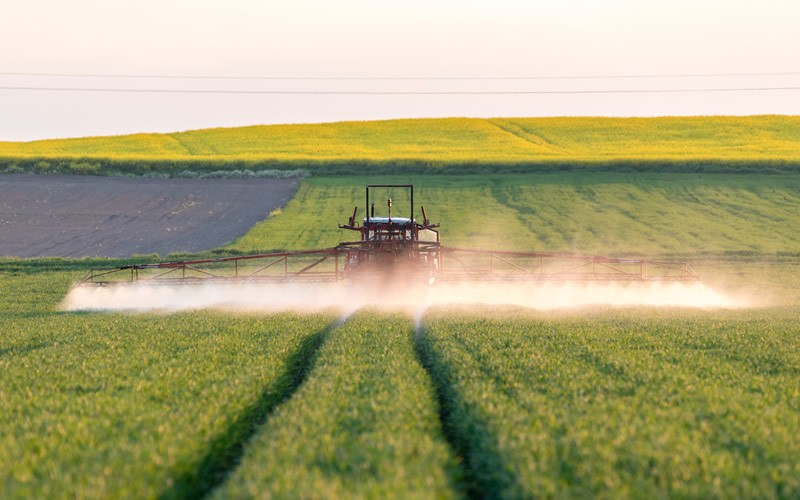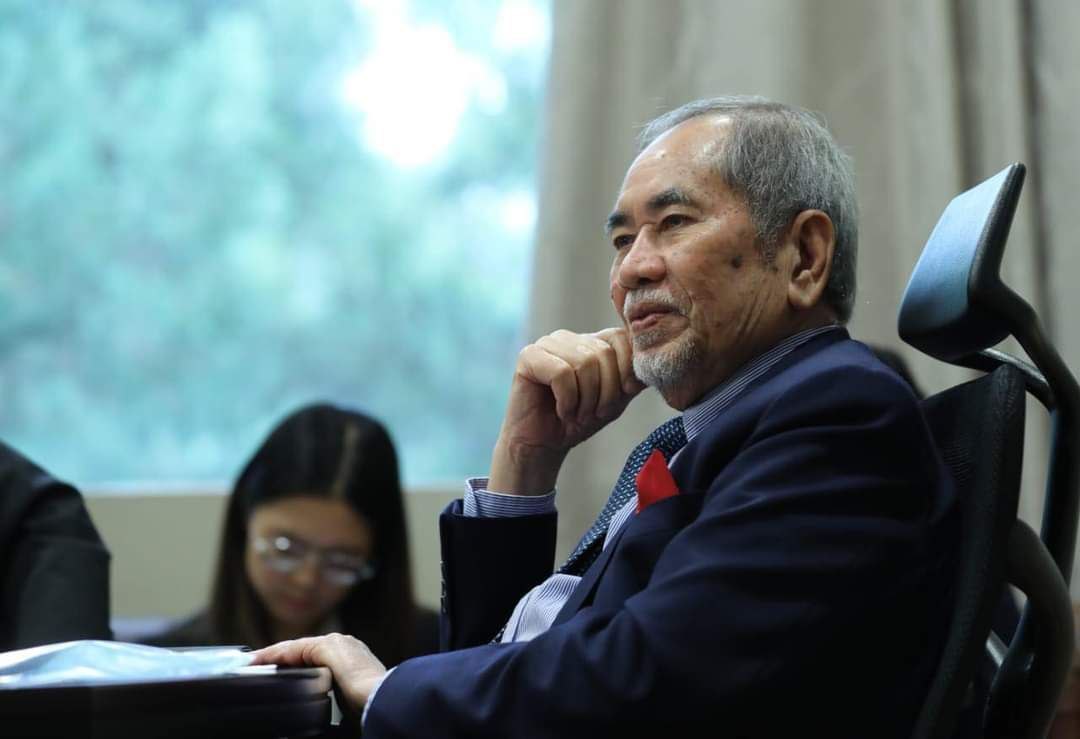
By Liew Chin Tong
JOHOR BAHRU, Malaysia--Two years after the COVID-19 pandemic was first reported, despite the occasional challenges of new variants, many observers seem to think that the worst of the pandemic is behind us. I hope they are right.
The world after the pandemic is not the same as before. The prolonged crisis has forced us to rethink and rebuild.
The rebuilding process will need new understanding of what went wrong and new ideas about how to fix things. Here is why think tanks like Research for Social Advancement (REFSA) are so relevant.
I would like to convey my deepest appreciation to REFSA colleagues who stay with us throughout this hard time and continue to contribute to the national conversation of what’s the best way forward for Malaysia.
From the bottom of my heart, I would also like to thank all donors who helped us survive the many difficult months in 2021. It is not easy to sustain a team of policy researchers when even most politicians ignore focus on policies and their consequences on the men and women in the streets.
The world faces at least five massive challenges: health crisis, inequality, democracy in decline, geopolitical rivalries, and climate change.
Health crises
The COVID-19 pandemic has laid bare the weaknesses of the health systems throughout the world, even hospitals and facilities in developed nations failed miserably. Yet, at the same time, the speedy development of vaccines showed great potential and promises of medical science.
If there is one single most important lesson from the pandemic, it is that the world lives in a connected manner and only if the most vulnerable is taken care of, that we will have a safe world.
Failure to ensure vaccine equity for the poorer nations and vulnerable communities among our midst – such as refugees and prisoners – means that we will continue to face new variants or new infections.
Inequality
Inequality is a serious threat to the coherence of societies and to democracies. The inequality we see today is very much the outcome of the neoliberal economic ideas over a period of the last half-a-century.
The idea that corporations should solely focus on maximising profits is now coming to an end. I am glad that friends from the corporate world are now talking about ESG (environment, sustainability, and governance) or stakeholder capitalism.
We need to recognise that corporations are part of the society, and making profits is not an end to itself. Profits are to be made from solving societal problems and consumers’ needs. Corporations need to keep in mind that they are responsible to shareholders, consumers, workers, and the environment.
The maximising profit mantra of neoliberalism has a corrosive effect on the political systems throughout the world, as evidenced in huge business lobbying works in the United States. Everything is for sales, including the integrity of politicians and the long-term interests of the public.
Over the past 50 years, workers have lost out in terms of jobs and pay, hence inequality perpetuates in the United States and throughout the world. When inequality persists, autocrats and authoritarians rise to powers by tapping on the sentiments of the unhappy underclass, as shown by Donald Trump’s rise.
Democracy in decline
Democracy throughout the world is under threat. To deal with the decline and backsliding of democracy, one must deal with inequality and to find a new balance between capital and workers, and between capital and the environment. ESG must be understood in such a context.
Geopolitical rivalries
Geopolitical rivalries have worsened in 2021 and I would say that for the years to come, whatever we do, we must factor into geopolitical situations. The age of innocence – between the fall of the Berlin Wall in 1989 and pre-COVID era, has ended.
Geopolitical rivalries will colour foreign investments into Malaysia. So long as there is no hot war between the United States and China, Malaysia stands to benefit from corporations from both the United States and China that move out from China or are looking for a “China+1” production site.
Managing supply chains in the pandemic and in the context of geopolitical rivalries is another challenge. My point is Malaysia needs to be concerned with geopolitics and seek an active role in shaping directions, agendas and events for the region we are in.
Climate change
The massive floods in Selangor and Kuala Lumpur, arguably the worst in the capital since the 1971 floods, is a reminder that climate change is not a joke nor fiction. It’s real and, like the pandemic, climate change affects the world across national boundaries.
Malaysia needs to be an active participant in shaping the world’s climate agenda and to rebuild Malaysian society with climate challenges in mind.
2022 is unlikely to be easier than this year. But I am hopeful that as the challenges the world will face in the 2020s are clearer to us, the clarity can help us to focus on efforts to make Malaysia and the world a better place.
We hope you will continue to support REFSA so that we could help steer the nation towards a better direction.








0 Comments
LEAVE A REPLY
Your email address will not be published